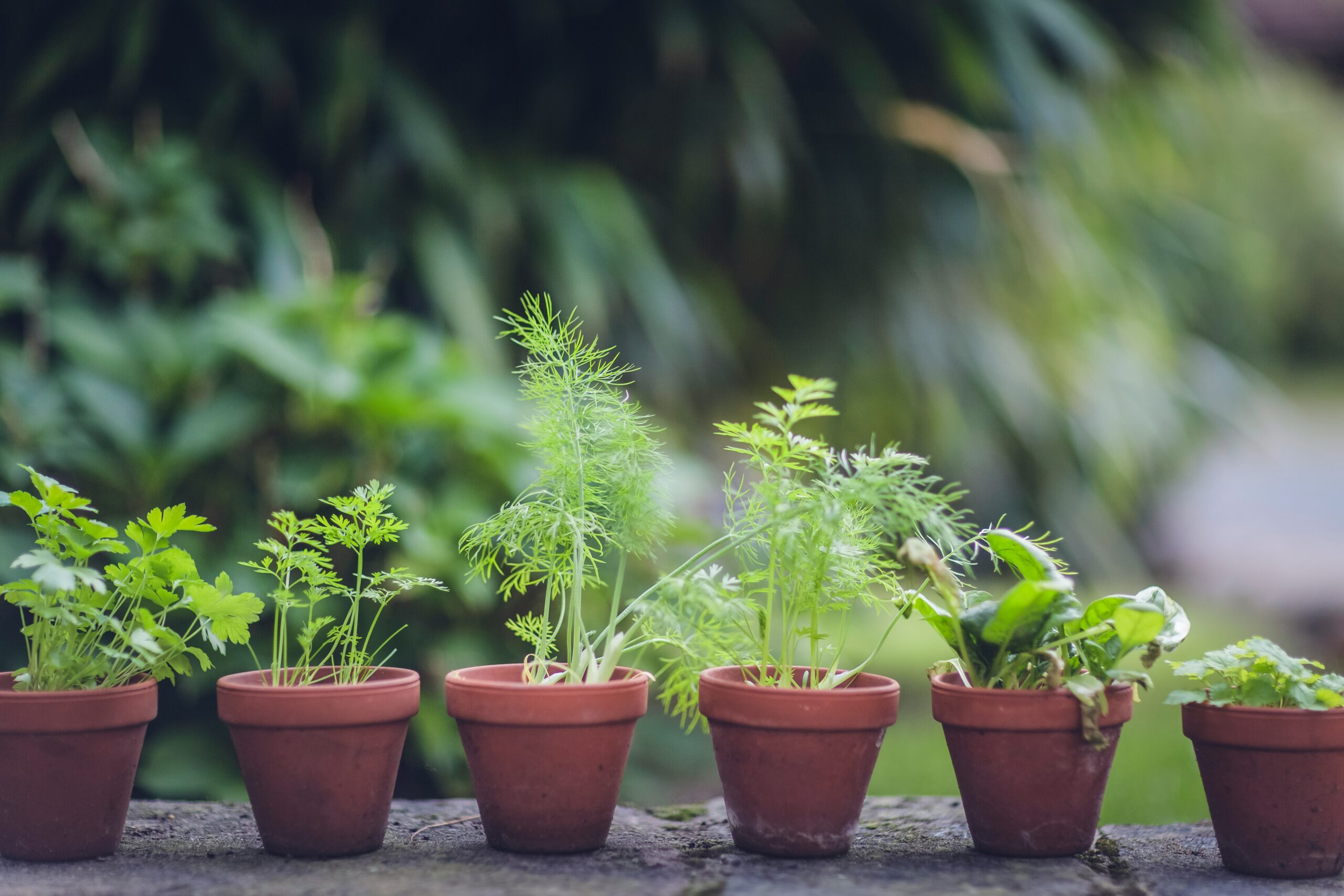Across time, societies have held the moon in high regard for its ethereal quality and its potential to impact a range of facets of existence, including farming. Moon gardening, sometimes referred to as biodynamic gardening or lunar gardening, is a gardening technique that synchronizes gardening activities with the lunar phases. It is thought that utilizing the moon cycle can improve plant development, maximize output, and encourage healthier gardening. Uncovering the subtleties of this age-old method reveals the enchantment associated with moon gardening.
Understanding the Lunar Cycle
The moon undergoes distinct phases, namely New Moon, Waxing Crescent, First Quarter, Waxing Gibbous, Full Moon, Waning Gibbous, Last Quarter, and Waning Crescent. Each phase lasts approximately 29.5 days, marking the complete lunar cycle.

The Concept of Moon Gardening
Moon gardening is based on the theory that, similar to how the moon influences ocean tides, it too has an impact on soil moisture and plant sap flow. It’s thought that coordinating gardening efforts with particular lunar phases maximizes outcomes.
New Moon: Planting Seeds of Potential
The lunar cycle starts with the New Moon, which is marked by little moonlight. This is the perfect time of year to start new gardening projects and sow seedlings. It’s ideal for planting root vegetables and bulbs when there isn’t any moonlight since it’s believed to encourage root growth.
Waxing Moon: Growth and Nurturing
The waxing phase of the moon, which occurs as it moves from the New Moon to the Full Moon and is said to encourage upward growth, begins. Plant care and caring are best done during this time of year. During this stage, pruning, grafting, transplanting, and watering are believed to promote vigorous growth and good foliage.
Full Moon: Plenty and Liveliness
When the moon is fully lighted, it is known as a Full Moon and is said to be a period of increased energy. Because of the increased soil moisture during this phase, it is the best time to harvest crops and gather herbs to ensure their maximum potency and vitality. There are gardeners who think that picking under a full moon improves the nutritional value and flavor.
Waning Moon: Root Development and Maintenance
The waning phase of the moon begins as it moves from the Full Moon to the New Moon. Reduced gravitational force is linked to this time, which is thought to bring moisture back into the soil. During this stage, normal garden management, pruning to inhibit fast regrowth, and root development are the key priorities.
Biodynamic Practices and Preparations
An improved version of moon gardening called biodynamic gardening uses planting and composting techniques that are in sync with cosmic and lunar rhythms. Lunar phases are used to schedule preparations like biodynamic compost, herbal teas, and soil additions to improve soil fertility and plant health.

Criticism and Scientific Validation
Moon gardening has been around for generations, but because there isn’t any actual data to back it up, scientists tend to be skeptical about it. Moon affects are downplayed by detractors, who instead credit climate, soil composition, and gardening techniques for garden success.
Adopting Moon Gardening Practices
Experimenting with lunar cycles in gardening may be a fascinating and enlightening experience for individuals who are interested in moon gardening. Whether one follows the practice to the letter or only adds a little bit to their gardening regimen, seeing how it affects plant growth and health may offer insightful information and strengthen a person’s bond with the natural world.
Conclusion
Moon gardening, with its roots in myth and tradition, never fails to enthrall gardeners looking for a peaceful coexistence with the natural world. Its attractiveness stems from its holistic approach and the age-old trust in the cycles of nature, even though its scientific validity may be contested. Whether it’s seen as scientific science fiction or mystical folklore, the practice of coordinating gardening chores with the lunar cycle bears witness to humanity’s eternal obsession with the heavens and its never-ending search for abundant and sustainable harvests from the ground.







+ There are no comments
Add yours